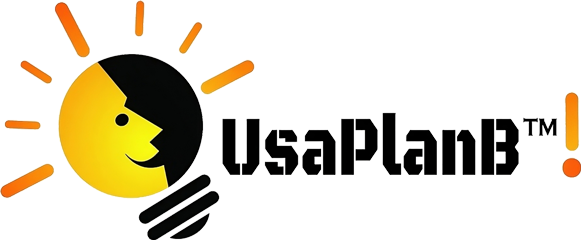the power of leverage!
The power of leverage refers to the ability to magnify outcomes or results through the strategic use of resources or advantages. In various contexts, leverage can be financial, technological, social, or even personal. Here are a few examples to illustrate the concept:
- Financial Leverage: In finance, leverage refers to using borrowed capital to increase the potential return on investment. For example, a company might use debt financing to fund expansion projects, which could potentially lead to higher profits than if they relied solely on their own equity.
- Technological Leverage: Advancements in technology allow individuals and organizations to achieve more with less effort. For instance, automation tools can leverage technology to streamline processes and increase productivity.
- Social Leverage: Social networks and relationships can be leveraged to achieve personal or professional goals. For example, someone might leverage their network to find job opportunities or gain support for a cause they believe in.
- Knowledge Leverage: Leveraging knowledge involves using information and expertise to create value. This could include sharing knowledge with others to build partnerships or using specialized knowledge to gain a competitive advantage.
- Time Leverage: Time is a valuable resource that can be leveraged by prioritizing tasks, delegating responsibilities, or using tools and techniques to increase efficiency.
In essence, the power of leverage lies in the ability to achieve more with less, whether that’s through financial resources, technology, social connections, knowledge, or time. It’s about finding ways to amplify efforts and maximize outcomes through strategic use of available resources. However, it’s important to use leverage wisely and responsibly, as it can also amplify risks and consequences if not managed properly.
Posted by Paul Shala Neumi Rep

